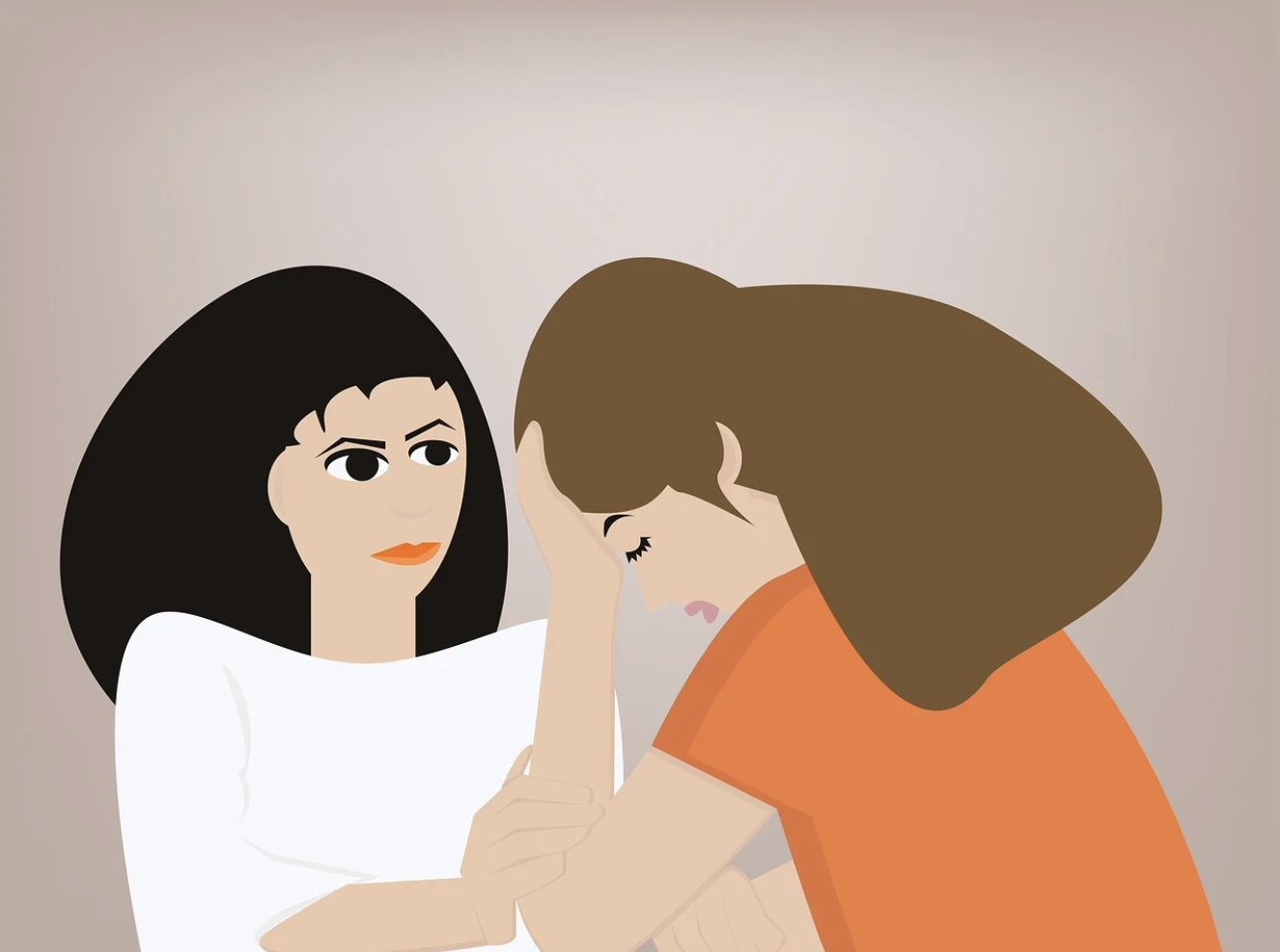The coronavirus pandemic has left people worldwide with the task of doing their part to “flatten the curve.”
Public officials are asking– or even mandating– millions to put a pause on their schedules, future plans and daily lives, swapping them for the daunting tasks of social distancing, quarantine and, in extreme cases, isolation.
Though necessary in the face of such a global health threat, humans are naturally social creatures; they seek companionship whether consciously or not. So, spending days, weeks or months at a time indoors with limited resources and social contact has the potential to take a large toll on mental health if not handled properly.
Do not let it. Take care of yourself, because one day, this will end. And, you want to be ready to take on the outside world when it does. Not sure where to start? Here are a few expert tips on how to manage these uncertain and difficult conditions.
Limit news consumption
Getting and staying informed is a major part of being a responsible member of society, especially during such quickly changing and fragile circumstances. However, the American Psychological Association reports that too much exposure can lead to increased feelings of fear and anxiety. No matter how emotionally sound, being bombarded every minute of every day with bad news has the potential to work anyone into a negative headspace.
So, be sure to unplug once in a while. Psychologists suggest balancing time spent reading or watching news with other unrelated activities like cooking, reading or anything else you might enjoy.
Take advantage of technology
The benefit of this happening in 2020– unlike the “Spanish flu” pandemic of 1918– is that we are never truly alone. We have access to things like phone calls, text messages, video conferencing and FaceTime at the simple touch of a button. Take advantage of it!
Virtual communication may not be as satisfying as in-person communication, but it is undeniably better than none at all. Video chatting in particular allows you to see others’ body language and facial expressions, much like you would in normal conversation. Research even suggests this can help combat loneliness and depression.
So, instead of cancelling your favorite activities, take a page from university playbooks across the country and move them online. Looking for a new group to connect with? Ample University of Miami clubs and organizations are offering free online resources, such as the Herbert Wellness Center’s Monday-Wednesday-Friday guided meditation class and daily “wellness from home” group fitness classes via Zoom.
Take a nature walk
Walking has always been one of the most underrated forms of exercise. Now, it could be the thing that makes or breaks a successful, healthy quarantine. Even though most parks are currently closed, residential areas are accessible almost everywhere.
Aside from the usual benefits of burning calories, strengthening your heart and reducing risk of cancer, studies published in the Primary Care Companion to The Journal of Clinical Psychiatry suggest that daily exercise (including walking) can lower anxiety, depression and negative moods while simultaneously boosting self-esteem.
Doing so in nature– as opposed to on a treadmill– doubles down on the benefits, as interaction with the outdoors has been proven to lower stress and its physiological effects, increase feelings of pleasure and awareness, decrease feelings of anger and anxiety and help individuals recover from mental fatigue.
Realize that you are not alone
Miami-based, licensed clinical social worker Maya Weber Hipskind asserts that, during this difficult time, many find comfort in reminding themselves that they are not alone.
This reminder, simple as it may seem, supposedly helps more vulnerable individuals cope because it emphasizes the fact that the situation is completely out of their control, that nothing they did or did not do got them here.
So, next time you notice yourself getting worked up, remind yourself that the whole world is going through this with you. It will not make it go away, but it will make you feel a little less alone.
Do what you love
Lastly, Hipskind suggests making time every day to do at least one thing you love, one thing that serves no other purpose than to make you smile. In a fast-paced society with such emphasis on constant productivity, Hipskind acknowledges that many may not even know what their “thing” is yet. It could be creative, athletic or something as simple as playtime with a pet.
For that, she suggests taking it day-by-day. Finding your “thing” should not become yet another chore on the list. Instead, take mental note of times throughout your normal routine when you catch a smirk spread across your face. What prompted it?
Those are the little joys of life and Hipskind insists they are what will keep you sane during troubling times.
Featured image from pixabay.com.






